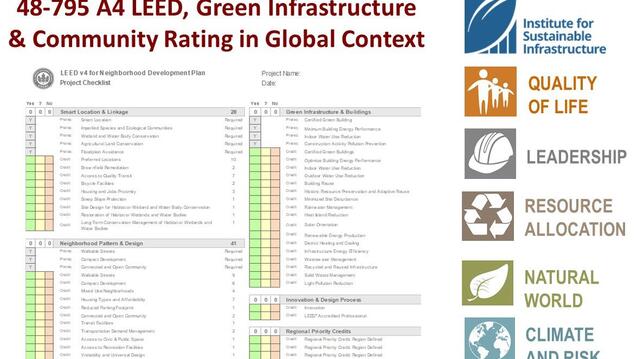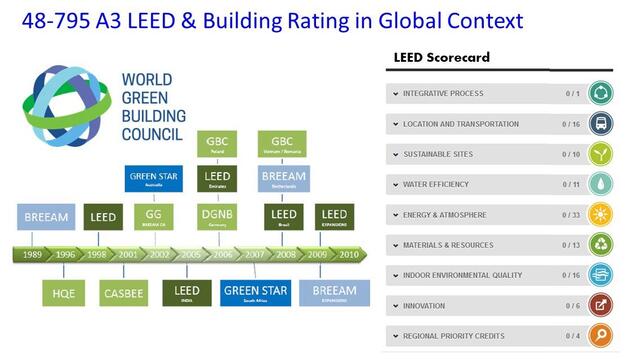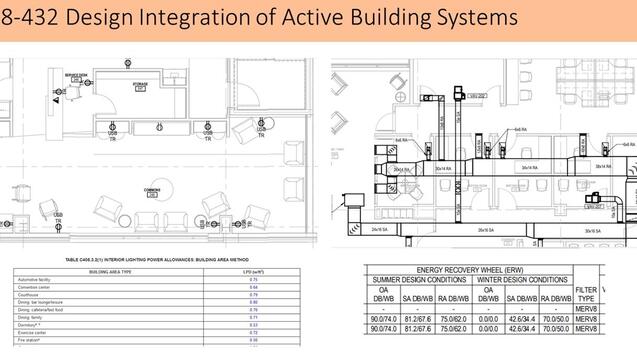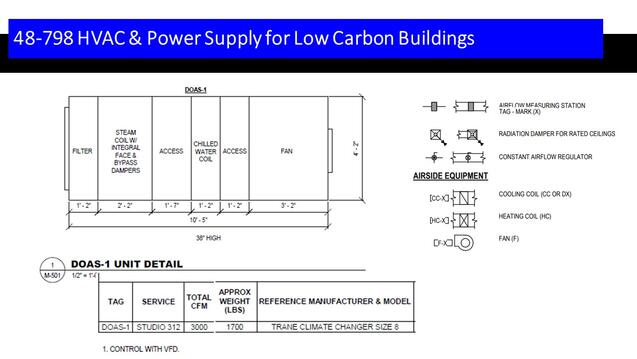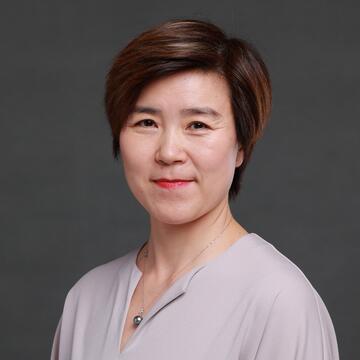
Yiqun Pan

Dr. Yiqun Pan is an expert in building performance simulation, energy efficiency and sustainable building design. With over 25 years of experience, she has made significant contributions to the field of building science and engineering.
Dr. Pan currently serves as Special Faculty at Carnegie Mellon University's Center for Building Performance and Diagnostics and as a Visiting Professor at Lawrence Berkeley National Laboratory.
Previously, Dr. Pan held the position of Full Professor at Tongji University's School of Mechanical Engineering for 16 years. Her research focuses on applying advanced techniques like big data analysis and machine learning to improve building performance and occupant well-being. Dr. Pan has led numerous research projects funded by prestigious organizations, including the China National Science Foundation and the U.S. Energy Foundation.
A prolific author, Dr. Pan has published six books, 42 English journal papers and over 100 Chinese publications. Her expertise is internationally recognized, as evidenced by her Fellowship in the International Building Performance Simulation Association (IBPSA) and her role as Chair of Building Simulation 2023, a major international conference.
Dr. Pan's work bridges academic research and practical applications, contributing significantly to the advancement of sustainable building technologies and carbon reduction strategies in the built environment.
Spring 2025 Teaching
This graduate level mini-course compares global community and infrastructure rating systems to gain perspective about sustainable infrastructure development and community design. The course uses USGBC's LEED Cities & Communities Rating System and the Institute for Sustainable Infrastructure (ISI) Envision Rating System as springboards for exploration and discussion of other world rating systems that address these topics.
This graduate level mini-course compares global community and infrastructure rating systems to gain perspective about sustainable infrastructure development and community design. The course uses USGBC's LEED Cities & Communities Rating System and the Institute for Sustainable Infrastructure (ISI) Envision Rating System as springboards for exploration and discussion of other world rating systems that address these topics.
Fall 2024 Teaching
This course focuses on active systems in commercial buildings and strategies for their successful integration with passive components.
Fulfills minor requirements for: Architectural Technology (non-majors)
This graduate course focuses on heating, cooling, ventilation and power supply systems for new and future commercial buildings. It introduces HVAC and power supply needs and system choices likely to produce comfortable and healthful buildings that help us move toward a zero-carbon future.
